Coughing, that we all suffer from time to time, is not just a symptom but a natural reaction of the body to clear the intruders from the airways. Whether it is a mild irritation or a persistent condition, coughing can be particularly annoying, especially when it interrupts our daily life or sleep. In today’s article, we’ll explore natural methods and herbal teas that can provide relief from coughing, regardless of its type. With a combination of traditional wisdom and modern science, discover how herbal teas and natural remedies can help you breathe easier and feel better.
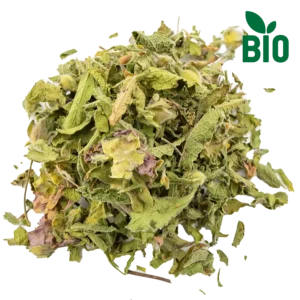
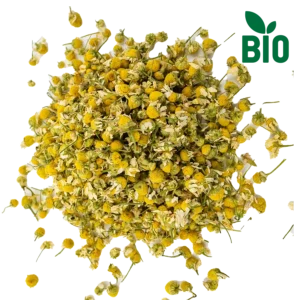
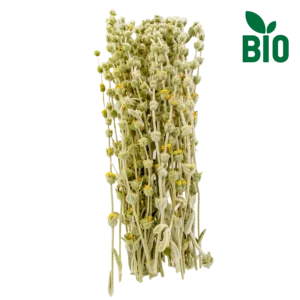
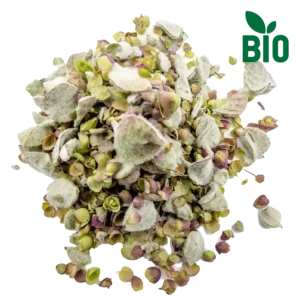
Coughing at night is a common occurrence that can significantly disturb our sleep. This happens for a number of reasons, such as increased exposure to allergens, relaxation of the airway muscles during sleep, or the build-up of phlegm in the back of the throat due to our position. To get relief from coughing at night, you can try the following natural solutions:
With these natural methods, you can alleviate coughing at night and enjoy a more peaceful and refreshing sleep.
Photo: PixelsEffect
Coughing in children can be worrying for both them and their parents. In trying to treat it, it is important to seek mild and safe natural remedies. Here are some of the most commonly used, proven and effective ones:
While the ways given can helpfully act taking away the cough, its always important to take advice from your pediatrician if the cough insists
A severe cough can be worrying, especially if it is chronic or worsening. Often, it is an indication of an underlying cause that requires attention. Here are some tips on how to react:
It is important to take intense cough seriously and seek professional advice, especially if it does not improve or is accompanied by other symptoms.
A dry cough, which is not usually accompanied by phlegm, can be particularly annoying and persistent. This type of cough is often associated with irritation in the throat or airways. To treat it naturally, try the following methods:
Dry cough is usually not a serious condition, but if it persists or is accompanied by other symptoms, it is important to seek medical advice.
Photo: damircudic
Phlegm cough, also known as a wet cough or productive cough, is characterized by the production of phlegm or mucus. This type of cough is a mechanism for the body to clear the airways. To relieve phlegm cough and facilitate its elimination, try the following natural methods:
For cough relief through herbal teas, there are several options that can boost your strength and provide natural relief. Let’s take a look at some of them:
Thyme tea: Thyme is known for its antiseptic, expectorant, anti-inflammatory and antioxidant properties. A thyme tea can help relieve coughing. In particular, it is recommended for thick phlegm of infected lungs and for dry, difficult coughs.
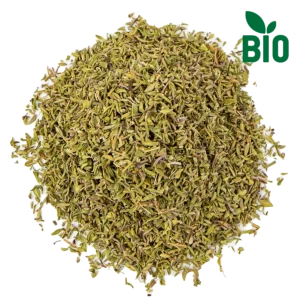
Peppermint tea: Peppermint is recognized for its soothing and anti-inflammatory properties, thanks to its menthol content. Menthol relieves coughs by acting as a natural decongestant that helps break down phlegm and helps relieve chest congestion.
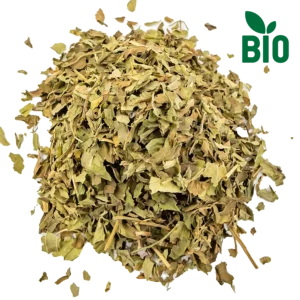
Sage tea: Sage has historically been used to manage sore throats and to soothe coughs. It has antibacterial properties and can provide relief from irritating coughs. A sage tea can be great for evening relaxation, especially if the cough is annoying at night.
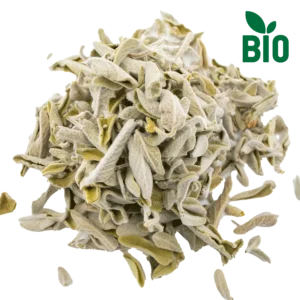
Chamomile tea: Known for its anti-allergic, anti-inflammatory and antispasmodic properties, chamomile is useful for allergic asthma and the cough related to it.

Malotira tea (Cretan mountain tea): According to traditional medicine, malotira (Sideritis syriaca) has been used for its benefits in relieving symptoms of common colds such as cough. The benefits have recently been recognised by the European Medicines Agency.

Herbal teas can offer a natural alternative for cough relief, but it is important to use them as a supplement and not as a replacement for conventional medical treatment, especially if the cough is severe or persistent. Always consult your doctor for any treatment approach.
In summary, cough can be treated naturally with the help of herbal teas, offering an alternative or complementary solution to conventional medicine. Herbs such as thyme, peppermint, chamomile, sage and malotira have been recognized for their beneficial properties in relieving coughs, offering anti-inflammatory, antispasmodic, antimicrobial and decongestant effects.
Yes, there are herbs that can help relieve coughing, such as thyme and sage.
Yes, allergies can cause coughing, as allergic reactions often cause inflammation and irritation in the respiratory system.
To manage a cough without medication, you can try warm drinks (such as some herbal tea), steam inhalation, hydration and rest.
Some foods can help relieve coughing, such as hot drinks (like some herbal tea), honey, and certain types of fruit like pineapple.
Coughing can be caused by a variety of causes, such as viral infections (e.g. common cold), allergies, asthma, gastroesophageal reflux disease, and smoking.
To relieve coughing at night, it is recommended to drink some honey before going to bed, keep your room moist and avoid areas with cigarette smoke or high levels of dust.
Subscribe to our newsletter to stay informed about herbs, recipes, exclusive offers, and receive a 15% discount on your first order!

Ευχαριστούμε πολύ τα παρακάτω websites για τη συνδρομή τους σε επιπρόσθετο, ελεύθερο φωτογραφικό υλικό (free stock) που χρησιμοποιείται στην ιστοσελίδα μας:
Pixabay.com
Pexels.com
Unsplash.com
Freepik.com
Canva.com
Adobe.com
Σταύρος Δεβεράκης (Φωτογράφος)
Many thanks to the following websites for their subscription to additional, free stock photography used on our website:
Pixabay.com
Pexels.com
Unsplash.com
Freepik.com
Canva.com
Adobe.com
Stavros Deverakis (Photographer)